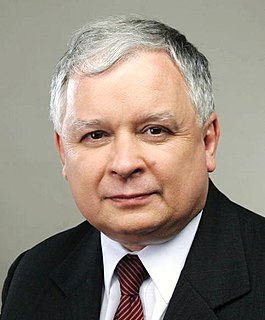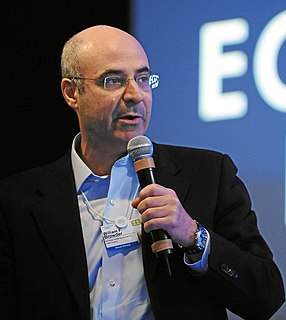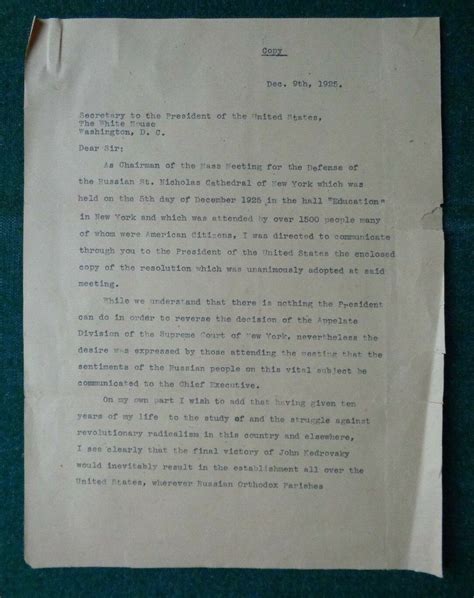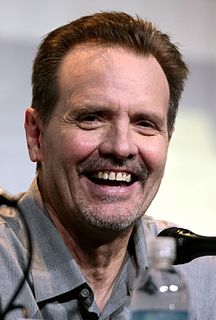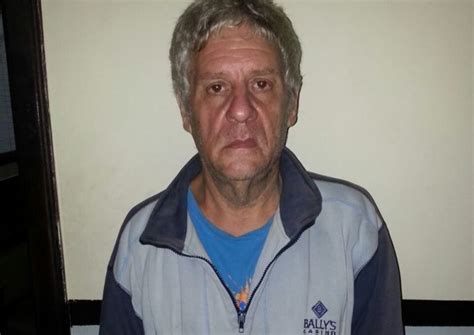A Quote by Vladimir Putin
We had a very good situation in 2005. The common budget had a volume of 80 billion dollars per year. Thousands of jobs were created in Germany by Russian investments. At the same time, a large number of German companies invested in Russia. There were countless cultural and social contacts.
Related Quotes
During the fiscal year ending in 1861, expenses of the federal government had been $67 million. After the first year of armed conflict they were $475 million and, by 1865, had risen to one billion, three-hundred million dollars. On the income side of the ledger, taxes covered only about eleven per cent of that figure. By the end of the war, the deficit had risen to $2.61 billion. That money had to come from somewhere.
When I turned 11, we had to leave East Germany overnight because of the political orientation of my father. Now I was going to school in West Germany, which was American-occupied at that time. There in school, all children were required to learn English and not Russian. To learn Russian had been difficult, but English was impossible for me.
By sending Lenin to Russia our (German) Government had, moreover, assumed a great responsibility. From a miliaty point of view his journey was justified, for Russia had to be laid low. But our Government should have seen to it that we also were not involved in her fall. The events in Russia gave me no cause for complete satisfaction. They considerably eased the military situation, but elements of the greatest danger still remained.
The collective shortfall of the 3.08 billion people (47 percent of world population) who, in 2005, lived below $2.50 per day was $507 billion per annum, which indeed comes to about two-thirds of the present US military budget. This gives us a rough sense of how much the eradication of poverty would cost.


